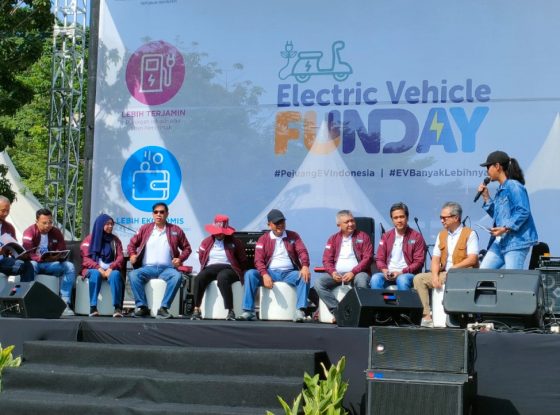How Blockchain Technology is Revolutionising APAC’s Gaming Industry
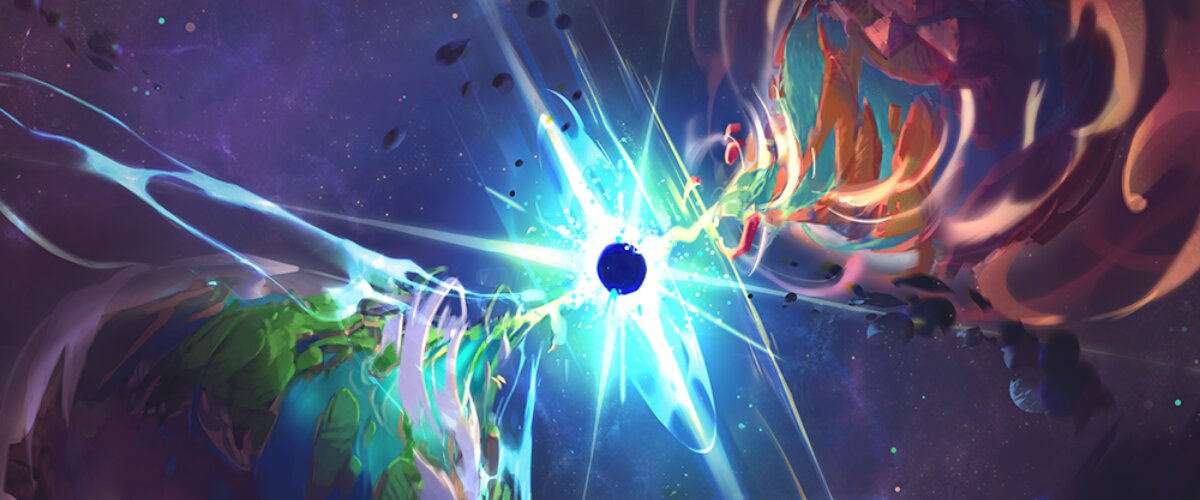
Blockchain gaming is a way of creating digital assets in video games, in the form of NFTs or otherwise, inspiring a new wave of entrepreneurship that is sweeping the world of gaming.
Blockchain gaming is an approach to the video game industry that allows digital items within the game, like collectibles, weapons, and skins, to be real world assets in the form of NFTs. This innovation is bringing entrepreneurship to the world of gaming, inspiring the next generation of video games.
The first popular release of a game that uses blockchain technology was CryptoKitties in 2017, which at the time suffered from congestion caused by an overburdened Ethereum network, leading to a lack of developers looking to further pursue this approach. This has since been solved through layer 2 scaling solutions, which refers to a secondary framework or protocol that operates on top of an existing blockchain system, allowing for higher throughput.
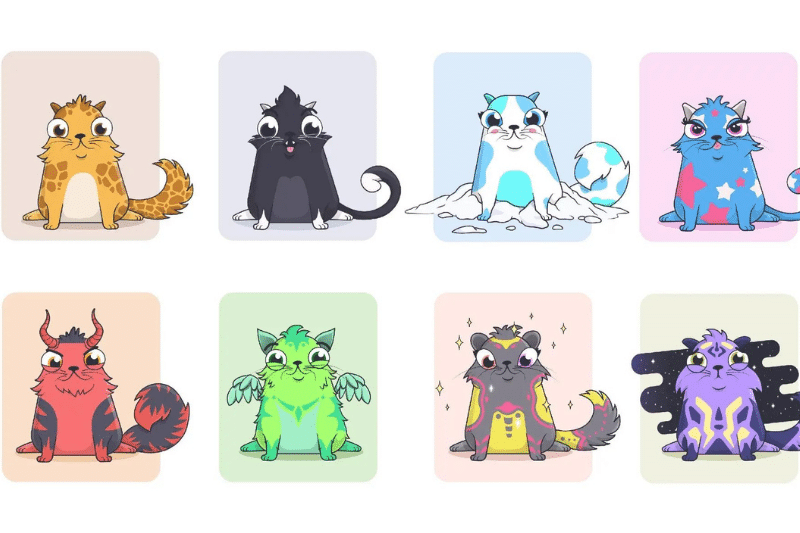
Enabled by Decentralised Finance (DeFi) and Decentralised Applications (dApps), blockchain gaming now generates billions of dollars a year via tokenised digital goods in the form of NFTs that can be traded and earned. DappRadar gathered data showing that US$4.8 billion in revenue was generated in 2021 from gaming-related NFTs, representing approximately 20% of all NFT sales in the same year.
A key model that is heavily featured in blockchain gaming is the play-to-earn model, overhauling the more antiquated pay-to-play format. This method of gaming aims to maintain valued features of mainstream gaming, such as interesting narratives, intricate graphics, and compelling gameplay, but allows a new business model to be introduced – namely, DeFi staking, trading, lending, and tournaments offering payouts to top-performing players.
A challenge that arises from the play-to-earn gaming model is its reliance on the loss and gain of digital, yet valuable, assets, raising the question of whether or not gambling laws should be applied. In addition, due to the fact that real world assets are at play in these games, there are possible risks of market manipulation and other security violations, not to mention the impact on the environment.
The Asia Pacific region is one of blockchain gaming’s key markets, with existing game developers and new creatives alike jumping on the up-and-coming scene.

The CEO of Square Enix, the game publisher behind Final Fantasy and Kingdom Hearts, Yosuke Matsuda, has expressed his optimism for NFTs and blockchain technology in a New Year’s Letter published on January 1st, 2022, stating, “To address these changes in our business environment, the medium-term business strategy that we unveiled in May 2020 identified AI, the cloud, and blockchain games as new domains on which we should focus our investments,” adding that, “blockchain games, which have emerged from their infancy and are at this very moment entering a growth phase, are built upon the premise of a token economy and therefore hold the potential to enable self-sustaining game growth.”
Animoca Brands is a Hong Kong-based game software company and venture capital firm founded in 2014 with the mission of delivering digital property rights to gamers and netizens for a more equitable digital framework within the metaverse. They are responsible for the popular gaming platform The Sandbox, a virtual world map in which players can create their own NFTs to trade and earn from, like virtual real estate. The company recently gained unicorn status, claiming to have raised US$88,888,888 from investors, an auspicious number in Chinese culture, giving the company a valuation of US$1 billion in May of 2021.
According to Yat Siu, founder of Animoca Brands, the gaming industry in Asia has huge potential for monetisation of NFTs, stating, “For traditional video games, all the in-game assets belong to the game developer. With NFTs, gamers can claim ownership to the digital assets and be rewarded for their time and effort spent in the game.”
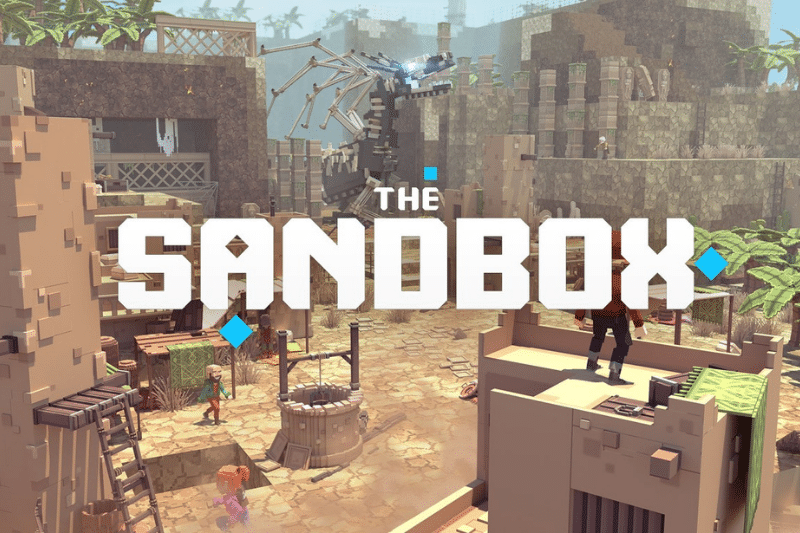
Also in Hong Kong, Foonie Magus, the digital entertainment publisher partner of Aither Entertainment, has published Apeiron, the world’s first play-and-earn God game built with NFTs. This project has raised a total of US$8 million so far, and is backed by several major gaming guilds and reputable crypto funds. Apeiron is sitting on US$80 million in seed funding, suggesting it will become one of the largest GameFi projects of 2022.
In merely three months, Apeiron attracted over 30 thousand fans globally in twenty different languages. This innovative project may help revitalise Hong Kong as a hub for emerging tech and digital creativity in the realm of blockchain gaming, among others.
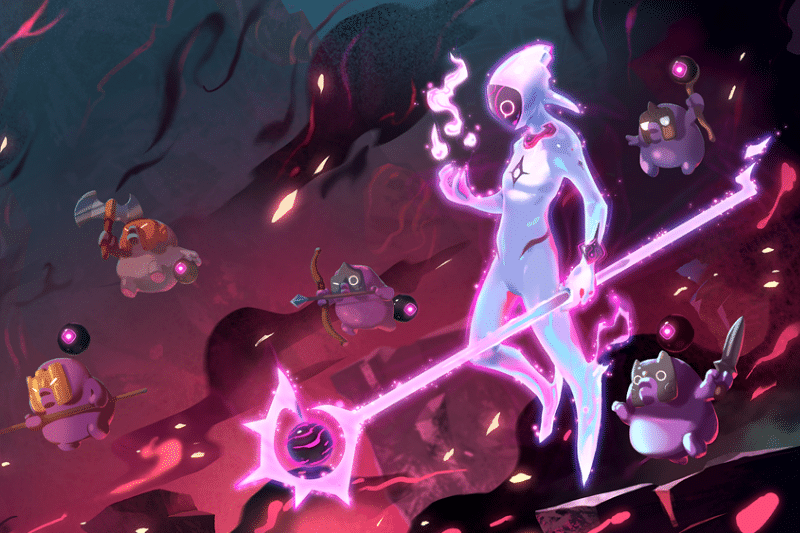
OP Games, a Singapore-based Web3 gaming arcade platform built on Near, was founded in 2018 with the goal of revolutionising game development. According to OP Games, the company “continues to lower the barriers of game ownership by enabling game developers to build, run, and operate games through an end-to-end solution that encourages game discovery and effortless distribution through our community-owned gaming universe, Arcadia.”
Traditional AAA games – those developed by major game publishers – sandbox digital assets on their platforms, meaning they isolate them on their software. OP Games is turning these digital assets into NFTs, meaning players can own them outside of their gaming platform.
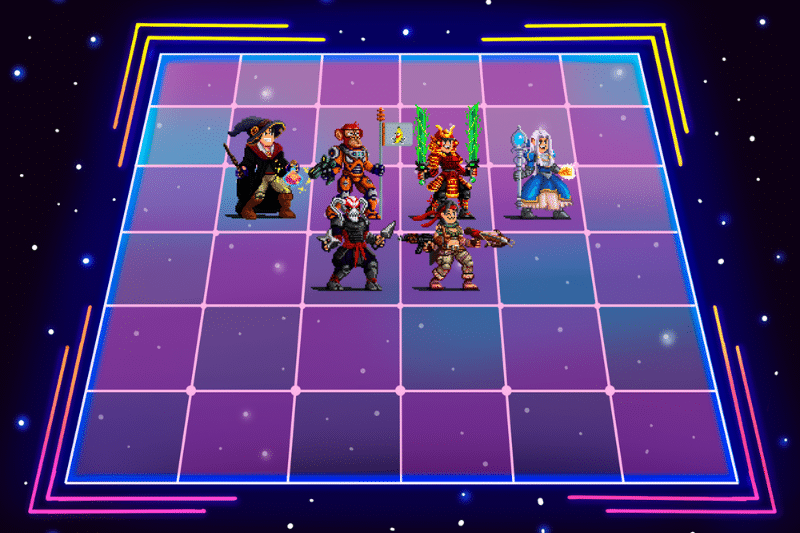
Reality Chain is a “Social Metaverse” aiming to give users a non-immersive metaverse experience with the power of Web 3.0. The experience on Reality Chain differs from other gaming platforms, as it emphasises the social media aspect, allowing players to experience a “casual” setting, while still being able to own pieces of the game as NFTs. The company is based in Indonesia, headed by CEO Adam Ardisasmita in collaboration with Arsanesia, Blocksphere, and UniqueOne.
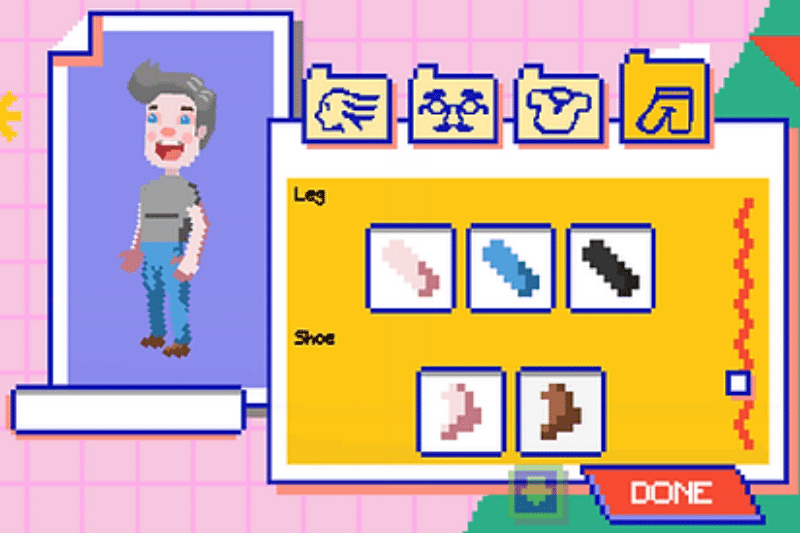
Blockchain gaming is still in its infancy, but game developers, publishers, venture capitalists, and more are rallying around this new journey. Southeast Asia is quickly developing as a hub for the community, due to the existing interest in gaming in the region – there are almost 3 billion gamers worldwide, and APAC accounts for half of this. It is only natural that blockchain gaming expands with the rise of crypto and NFTs.
The Asia Blockchain Gaming Alliance (ABGA) was launched in November of 2021 as a way to unite blockchain gaming in Asia, building the ecology of the industry and striving to invest in it. Kevin Shao, the Co-founder of ABGA, shared that the crypto market is gradually shifting to the field of blockchain gaming, helping the masses to enter the world of crypto. ABGA hopes to expedite this growth by sharing industry knowledge, providing guidance to investors, and incubating and accelerating startups.
Featured banner image credit: apeironnft.com
Source : hivelife.com


